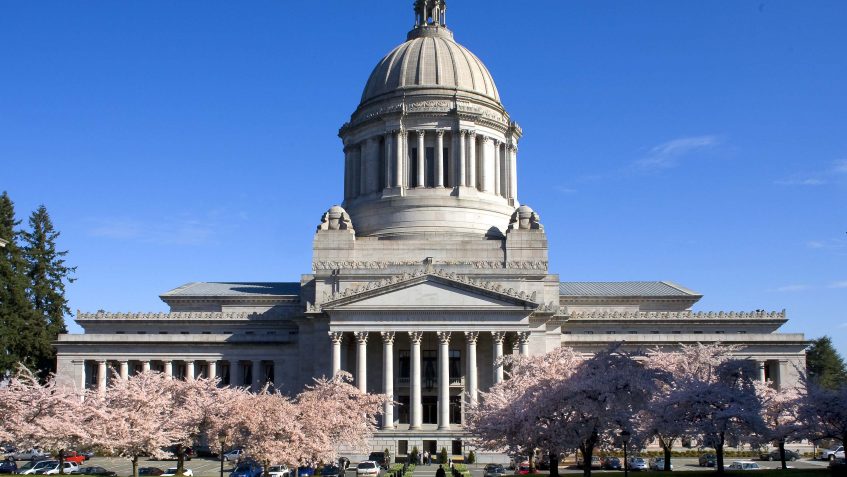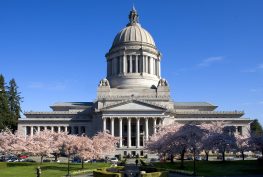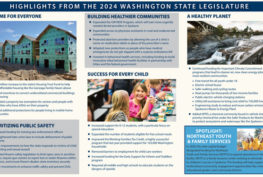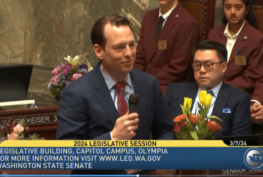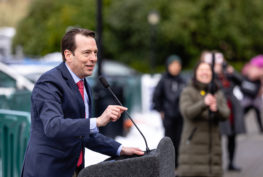Senate budgets deliver for Spokane
Yesterday, the Senate released its proposed operating and capital budgets with historic investments in early learning and childcare, public health, and support for small businesses. These budgets will help Spokane and all of Washington build back even stronger after the COVID-19 pandemic and improve quality of life for generations to come.
Here are some of the operating budget highlights that will most benefit Spokane:
- $3.6 million to complete the expansion of the WSU Elson S. Floyd Medical School and $2.3 million for the UW Medical School program in Spokane.
- $800 million for childcare and early learning, which represents the largest investment in the history of the state for children and families.
- $582 million to support businesses and workers by providing unemployment insurance tax relief.
- $850 million to support affordable housing and reduce homelessness, including rental assistance for tenants and landlords, and homeowner assistance.
- $2 million to continue and expand the work of the Spokane River Regional Toxics Task Force to clean up the Spokane River from PCBs.
Spokane will benefit from the Capital Budget proposed investments, too:
- $1.4 million for the NATIVE Project’s Youth Behavioral Services Building.
- $1.2 million for the Joya Child and Family Development Center (formerly the Guild School).
- $1.38 million for the MLK Community Center roof replacement.
- $103k for Feast World Kitchen renovations.
- $400k for the Felts Field Gateway Project.
- $45 million for the new EWU science building.
- $2.1 million for the preservation of the Museum of Arts and Culture, including the Campbell House and Carriage House.
Other highlights include:
Education
- $1.7 billion to assist K-12 school districts as they safely reopen and to help address student learning loss.
- $89 million of additional funding for special education.
- $33 million to increase counselors in high-poverty school districts.
Workers and families
- $300 million for the Immigrant Worker Relief Fund.
- $268 million for the Working Families Tax Credit to benefit low-income families.
Public health and healthcare
- $1 billion for vaccination efforts and other pandemic response.
- $100 million to make healthcare more affordable by reducing rates on the Washington Health Benefit Exchange.
- $170 million in combined funding to implement a variety of strategies to improve the behavioral health system This includes work to continue adding more beds in community-based settings, increased Medicaid reimbursement rates, and additional crisis response support.
Long-term care and developmental disabilities
- $30 million to eliminate the waiting list for clients needing services from the state’s Developmental Disabilities Administration.
- $454 million to increase reimbursement rates for nursing homes, assisted living centers, and adult family homes.
Housing
- $315 million is provided for affordable housing projects, including $205 million for grants and loans through the Housing Trust Fund.
Wildfire prevention and suppression
- $125 million to fund firefighting resources, improve fire-susceptible forests, and cut fire risk at the expanding juncture of urban areas and forests.
Next Steps:
Over the coming weeks, the House and Senate will work together to reconcile and vote on their operating and capital budgets before the legislature adjourns on April 25th.
Keep in touch
Please stay safe and healthy, and do not hesitate to reach out with any questions or comments at andy.billig@leg.wa.gov.
Onward!
Andy

